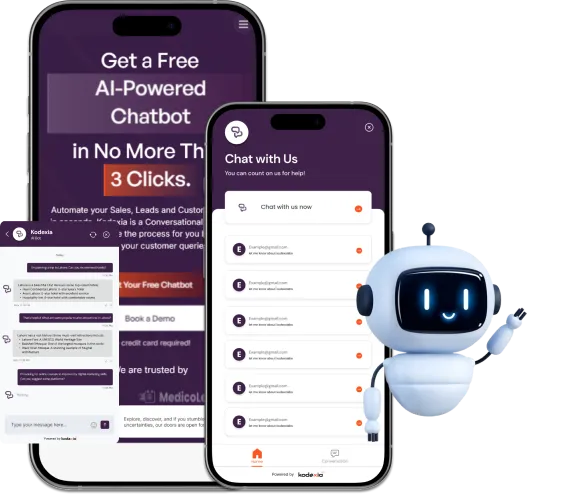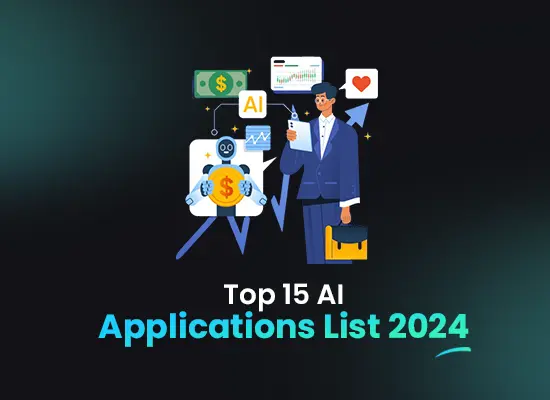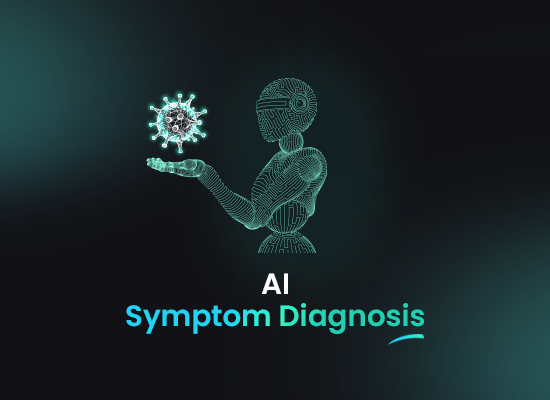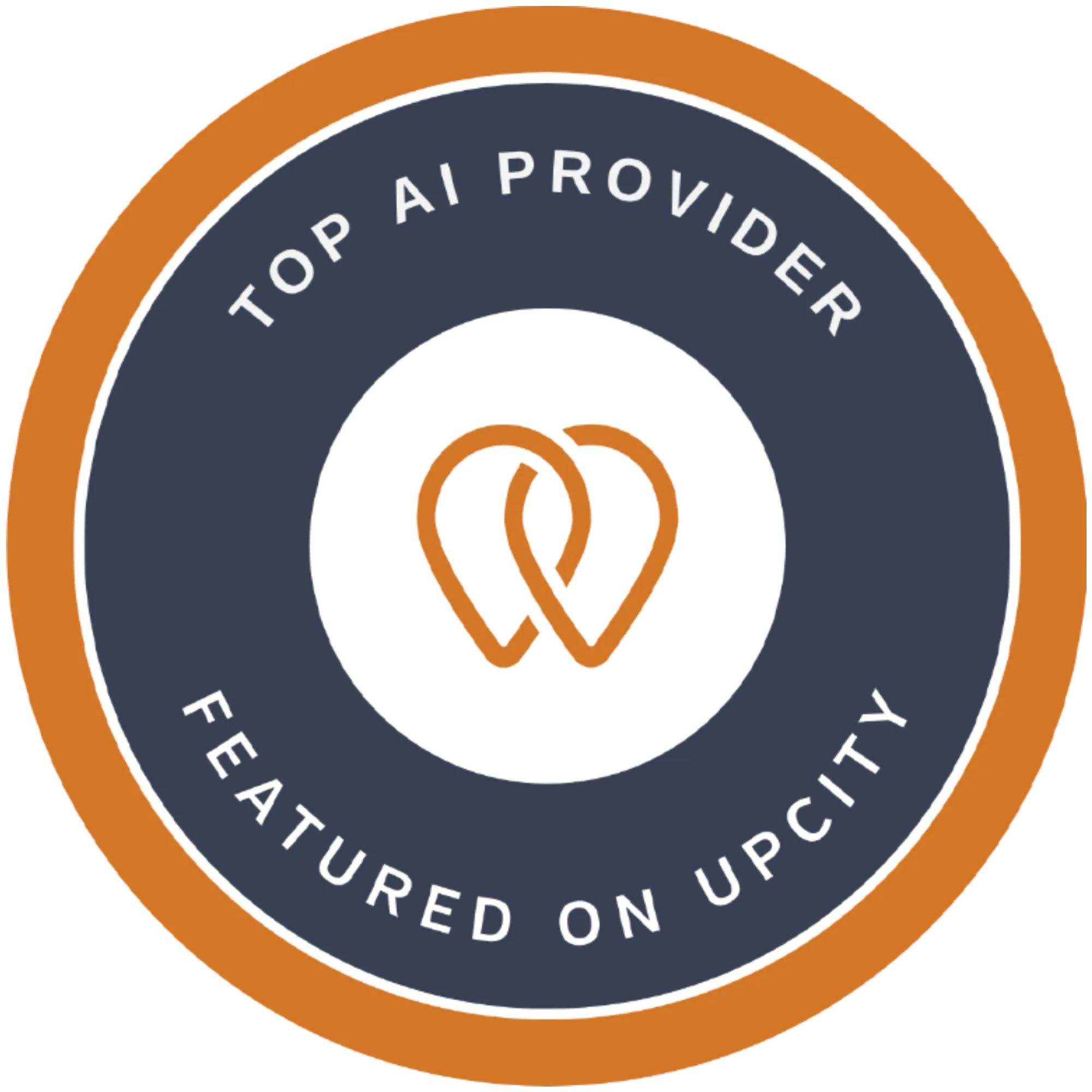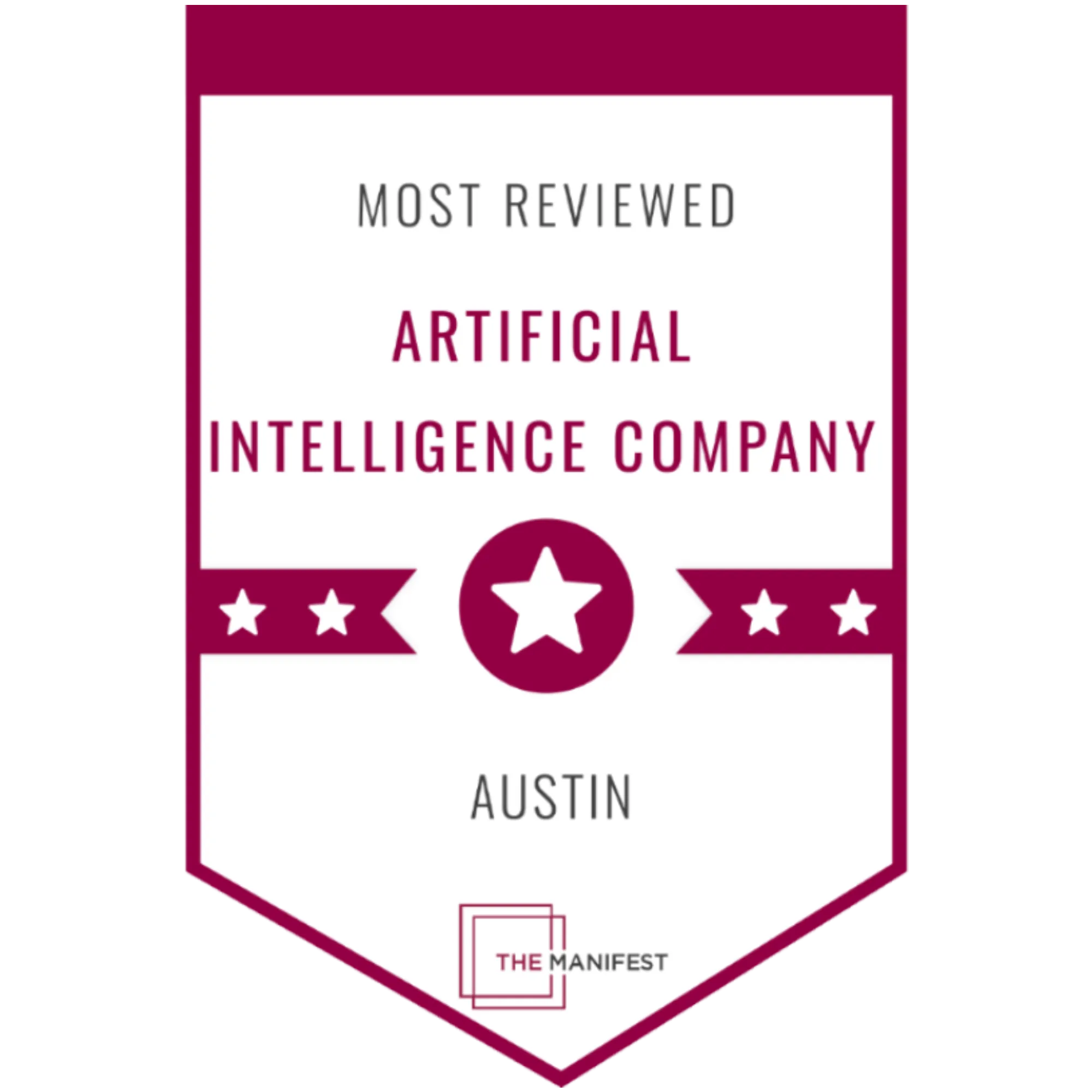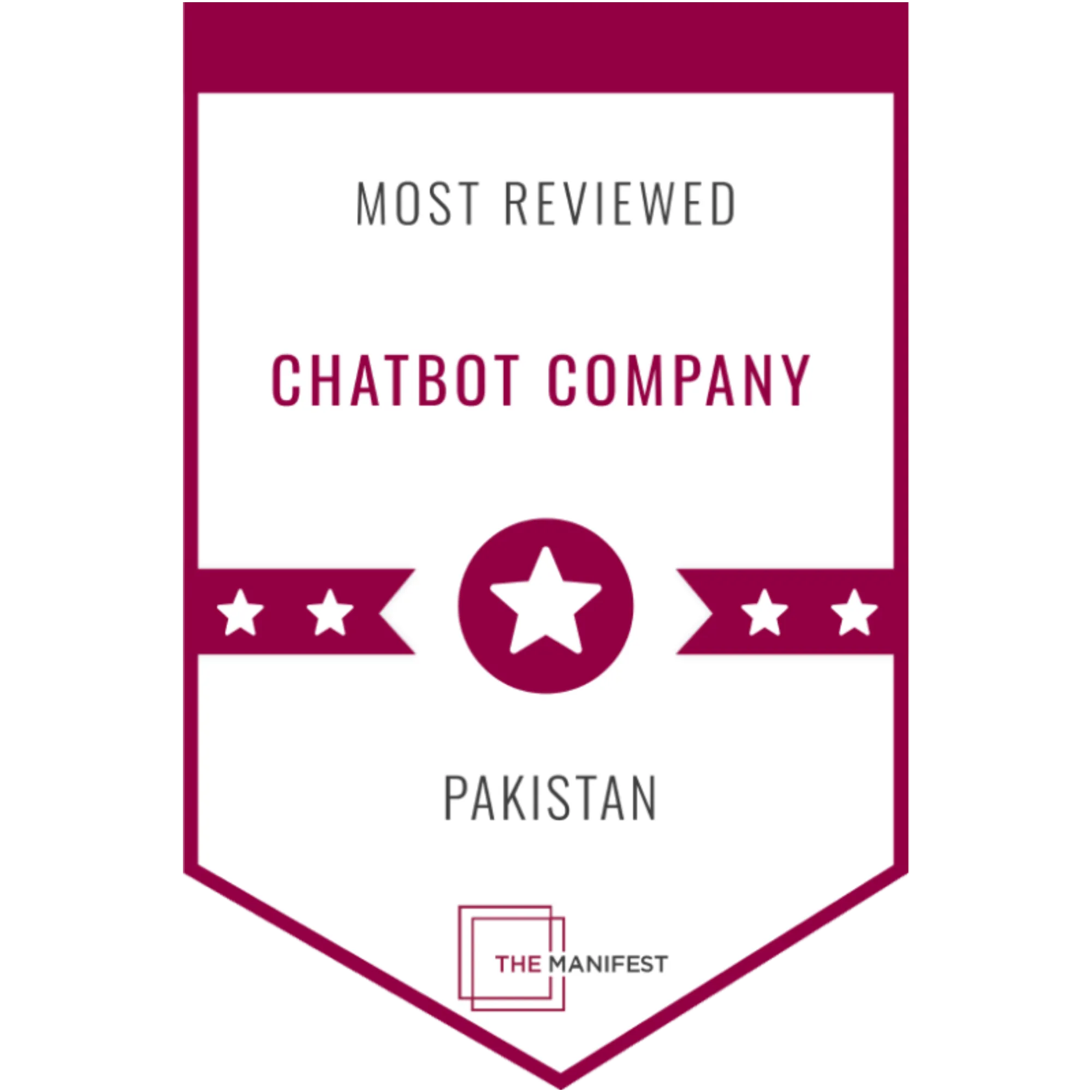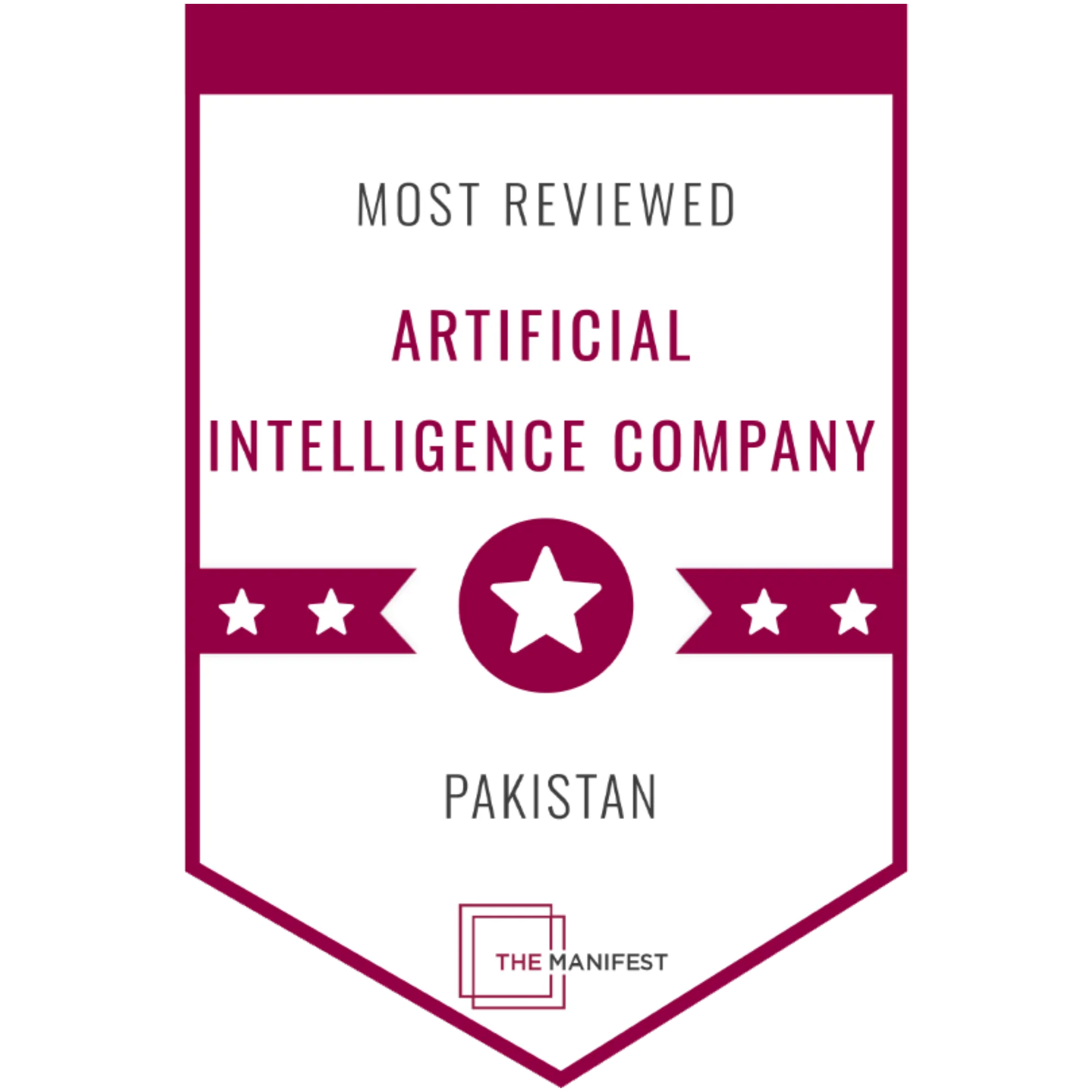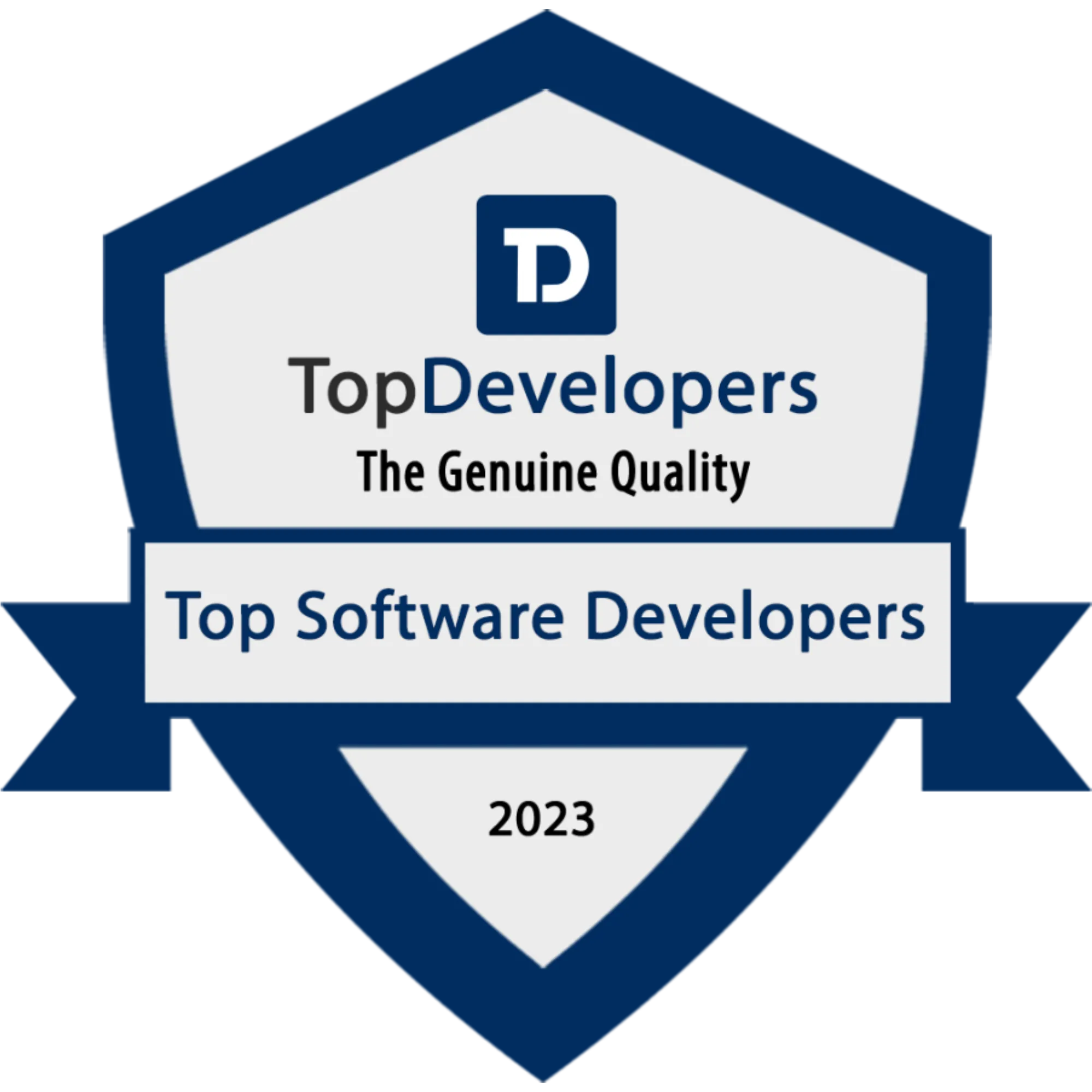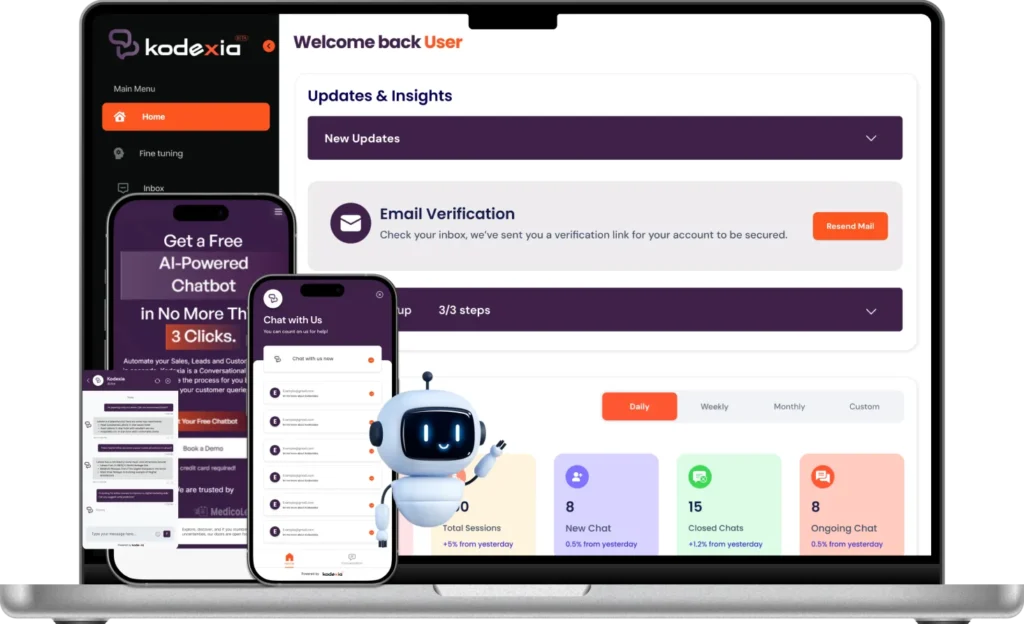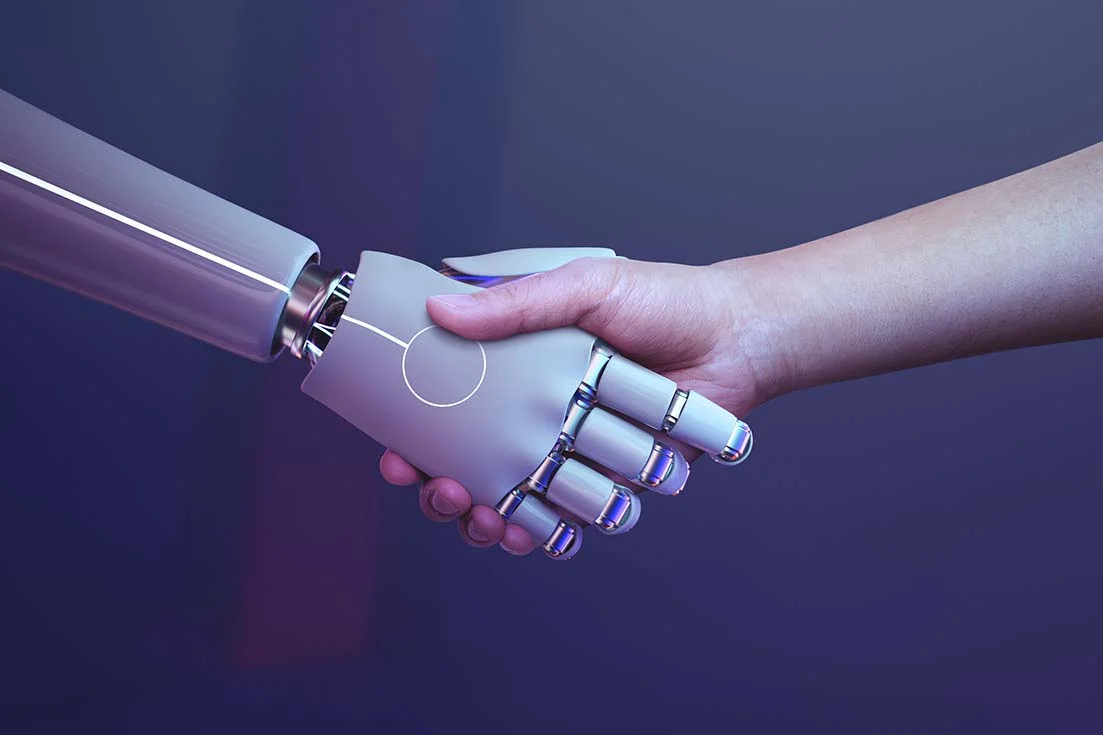
Contents
The word “Artificial Intelligence” (AI) has caught the attention of almost every individual now. The world is becoming more technology-focused since we have entered the year 2024. Not only individuals or small businesses, but even multiple industries are entirely influenced by the integration of AI technologies.
As AI technology continues to advance rapidly, people are worried about what jobs are safe from AI, job security, and employment. This article will delve into the growth of AI, how automation is impacting jobs, the potential risks AI poses to job security, and how workers can adjust and find opportunities in this new era of AI.
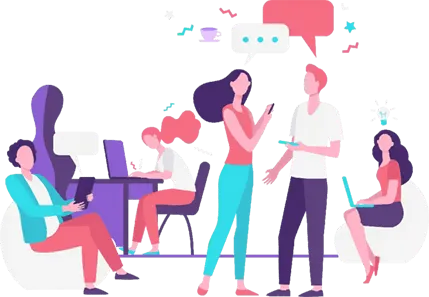
The Rise of Artificial Intelligence:
Artificial intelligence was invented around the 1950s. Starting from the milestone of Alan Turing introducing AI to the world, the rise of Artificial Intelligence (AI) has been a groundbreaking development in the field of technology. AI refers to the simulation of human intelligence in machines to perform tasks that traditionally require human intelligence. Over the years, AI has made significant advancements in various domains, including machine learning, natural language processing, computer vision, and robotics.
One of the key factors contributing to the rise of AI is the exponential growth of data. With the proliferation of digital devices and the internet, vast amounts of data are generated every day. AI algorithms can analyze this data to extract valuable insights and make informed decisions.
AI has found applications of how technology will change the future of work in numerous industries, automating the way we live and work. In healthcare, AI is used for disease diagnosis, drug discovery, and personalized medicine. In finance, AI helps with fraud detection, risk assessment, and algorithmic trading. AI-powered virtual assistants, such as Siri and Alexa, have become a part of our daily lives, making tasks easier and more convenient. Not only that, AI has greatly impacted sectors like transportation, manufacturing, agriculture, and even creative industries like art and music. It has the potential to optimize processes, increase efficiency, and unlock new possibilities.
What Jobs Are Safe from AI?
According to previous studies and reports, it is estimated that AI technologies have the potential to automate around 45% to 50% of all job activities across different industries. However, this does not mean that the remaining 45% to 50% of jobs will be completely replaced by AI. Instead, automation is likely to affect specific tasks within job roles, augmenting human capabilities rather than replacing entire occupations.
It is quite clear what jobs are safe from AI. Jobs that involve creative thinking, complex problem-solving, emotional intelligence, and human interaction are considered less susceptible to full automation. These roles require a high degree of adaptability, critical thinking, and expertise that AI systems currently struggle to replicate.
For example, creative professions such as artists, writers, and designers require a level of originality and subjective decision-making that remains challenging for AI systems. Similarly, jobs that involve complex problem-solving, like lawyers, doctors, and engineers, rely on human judgment and contextual understanding that AI is still developing.
Roles that demand emotional intelligence and human interaction, such as therapists, social workers, and teachers, are also less likely to be replaced by AI. These jobs require empathy, interpersonal skills, and the ability to connect with individuals on a deeper, emotional level.
While specific tasks within these job roles may become automated, the core elements that rely on human ingenuity and expertise are expected to remain necessary. Keep in mind that the impact of how technology will change the future of work can vary across industries and specific job roles. The adoption and integration of AI technologies will continue to evolve, which may present new opportunities and challenges in the job market. Continuous professional development and acquiring skills that complement AI technologies will likely be essential for individuals to thrive in the future workforce.
What Jobs Will AI Replace?
AI has the potential to automate Human-Machine Collaboration and processes in various industries, which may result in the replacement of certain jobs. However, it is important to note that AI is more likely to augment human capabilities rather than completely replace humans.
It’s obvious that while AI may automate certain tasks and job roles, it also creates new opportunities. Jobs that require creativity, complex problem-solving, emotional intelligence, and interpersonal skills are less likely to be fully automated. Additionally, new job roles related to the development, implementation, and maintenance of AI systems will emerge. Anyway, here are some areas where AI is expected to have a significant impact and what jobs will AI replace:
1. Routine and Repetitive Jobs:
Jobs that involve repetitive tasks and follow predictable patterns are at a higher risk of being automated. For example, jobs in manufacturing, assembly lines, data entry, and customer service can be automated by AI-powered robots or chatbots.
2. Data Analysis and Decision-Making:
AI algorithms can analyze large volumes of data quickly and accurately, making them valuable tools for data analysis and decision-making. Jobs that involve data analysis, such as market research analysts, financial analysts, and data scientists, may see changes in their roles as AI takes over certain aspects of their work.
3. Transportation:
The transportation industry is already witnessing the impact of AI with the development of self-driving cars and autonomous vehicles. This advancement may potentially replace jobs for professional drivers in the long run.
4. Customer Service and Support:
AI-powered chatbots and virtual assistants are becoming increasingly capable of handling customer queries and providing support. While they may not completely replace human customer service representatives, they can handle basic inquiries and free up human agents for more complex issues.
5. Manual Labor and Physical Work:
Some physically demanding jobs, such as certain construction tasks, warehouse operations, and agriculture, may be replaced by AI-powered robots and machinery. This can improve efficiency and reduce the risk of human injuries.
Human-Machine Collaboration: What’s Upcoming?
The future of AI holds immense possibilities and potential for transformative advancements in various aspects of our lives. Here are a few key developments that we can expect in Human-Machine Collaboration:
1. Advancements in AI Technology:
AI technology will continue to evolve, leading to more powerful and sophisticated algorithms. This will enable AI systems to handle increasingly complex tasks and provide more accurate and personalized outcomes.
2. Increased Integration of AI in Industries:
AI will become a ubiquitous presence across industries, ranging from healthcare, finance, and manufacturing to transportation, education, and entertainment. It will enhance productivity, efficiency, and decision-making processes across a wide range of sectors.
3. AI Empowering Human Creativity:
While AI may automate certain tasks, it also has the potential to empower human creativity. AI can assist in generating ideas, enhancing artistic expressions, and aiding in the creative process in fields like music, art, and design. Human-AI collaboration can lead to innovative and groundbreaking outcomes.
4. Ethical Considerations and Regulation:
As AI becomes more pervasive, ethical considerations surrounding data privacy, bias, transparency, and accountability will become increasingly important. Governments and regulatory bodies will have to establish frameworks and guidelines to ensure responsible and ethical use of AI technology.
5. AI in Healthcare and Personalized Medicine:
AI has the potential to revolutionize healthcare by enabling early disease diagnosis, personalized treatment plans, and drug discovery. Machine learning algorithms can analyze vast amounts of medical data to identify patterns and assist in decision-making, leading to improved patient care.
6. AI and Robotics:
AI-powered robots will play a significant role in industries such as manufacturing, logistics, and healthcare. These robots will become more advanced, autonomous, and capable of performing complex tasks, leading to increased efficiency and safety.
7. AI in Education and Learning:
AI will transform the education sector by providing personalized learning experiences, adaptive tutoring, and intelligent assessment systems. It can help students learn at their own pace and tailor educational content to individual needs.

How Technology Will Change the Future of Work?
Technology has indeed transformed Human-Machine Collaboration, bringing about numerous benefits and opportunities for individuals. Rather than completely replacing humans, automation allows us to streamline repetitive and mundane tasks, freeing up our time and energy to focus on more complex and meaningful work. This not only enhances our job satisfaction but also enables us to create new job roles that are more fulfilling and aligned with our passions and skills.
The demand for skills that complement how technology will change the future of work has skyrocketed in recent years. By acquiring technical expertise, critical thinking abilities, creativity, and emotional intelligence, individuals can position themselves as valuable assets in the job market. Being digitally literate and having the ability to seamlessly collaborate with AI systems has become a highly sought-after trait for employers. The doors to innovation, entrepreneurship, and the development of new industries have now swung wide open, offering exciting and rewarding career paths for those who are willing to embrace the technological advancements of our time.
Fields like data science, artificial intelligence, and cybersecurity are witnessing exceptional growth and demand for skilled professionals. By acquiring expertise in these domains, individuals can tap into a wealth of opportunities and contribute to groundbreaking advancements that shape our world. These emerging industries offer not only lucrative remuneration but also the chance to make a real impact on society.
By adapting and upskilling ourselves to meet the changing demands of the job market, we ensure that we remain relevant and valuable in the face of technological advancements. Continuous learning, upskilling, and reskilling help us stay at the forefront of our respective fields, allowing us to grow both professionally and personally. The ability to adapt to the changing job landscape not only enhances our employability but also offers us the chance to explore diverse career paths and discover another potential for Human-Machine Collaboration.
How Technology will Change the Future of Work?
In conclusion, the rise of AI has brought about significant advancements in various domains, leading to the automation of tasks and processes in different industries. While AI has the potential to replace certain jobs, it is more likely to augment human capabilities rather than completely replace humans. Jobs that involve creativity, complex problem-solving, emotional intelligence, and human interaction are considered less susceptible to full automation. As the integration of AI technologies evolves, it’s getting more obvious how technology will change the future of work. It is important for individuals to continuously develop their skills and acquire new ones that complement AI technologies to thrive in the future workforce.


